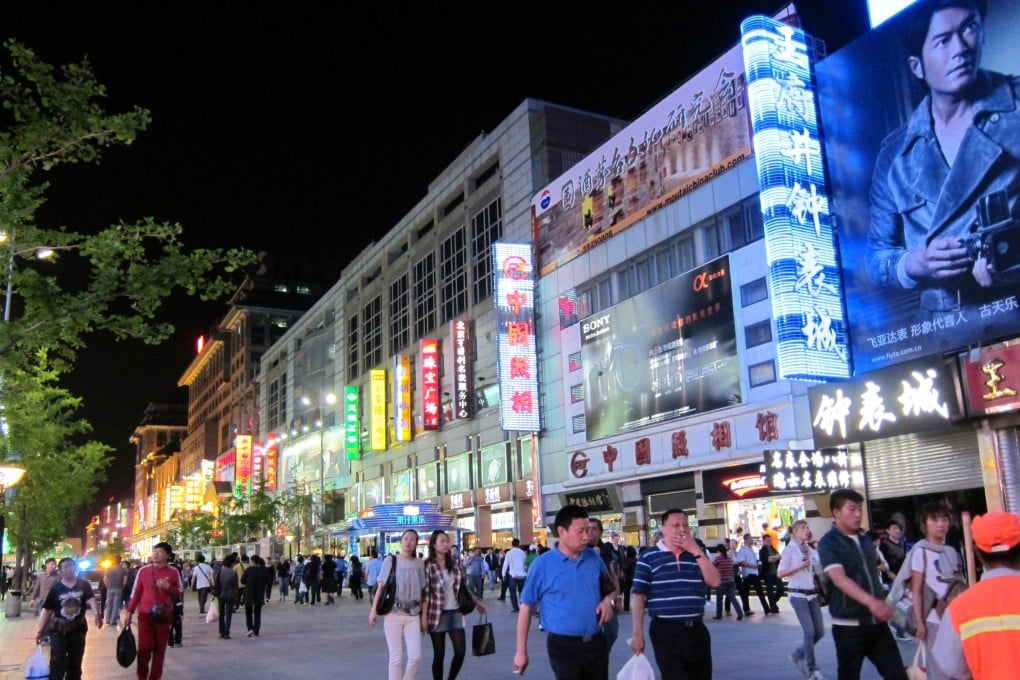As China’s ‘vendor economy’ goes from state approval to reject, analysts see synergies with commercial real estate market
- Premier Li’s call for loosening of controls on street vendors swiftly rejected by Shanghai, Beijing city authorities
- Cushman & Wakefield sees merits in promoting concept as a way to spur employment and synergies with real estate market

Since Premier Li Keqiang called for a loosening of controls on small vendors on the streets of Yantai in Shandong province, the message has been interpreted as a nod for mobile stalls to alleviate an unemployment crisis and provide an income avenue for millions of workers displaced by the coronavirus pandemic.
Gordon Liu, head of North China capital markets at Cushman & Wakefield, suggests looking into the merits of the “vendor economy” and how it can generate employment while creating synergies within the mainland commercial property market.
“In essence, the new idea [of the vendor economy] aims to boost spending and foot traffic by investing more time, land and real estate resources to bolster commercial activities around the country,” Liu said. “It can have rosy prospects” with meticulous planning and clever ways to attract shoppers, he added.